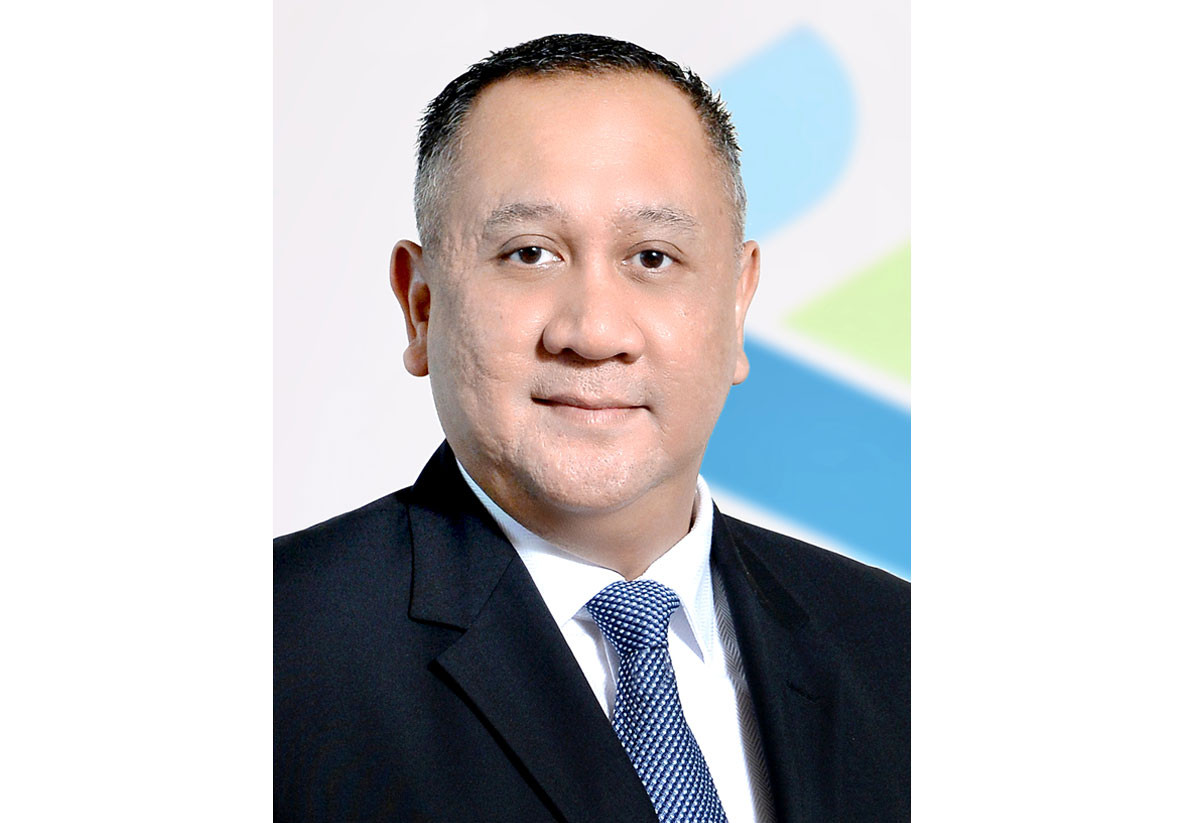
ASEAN sustainable finance: A huge gap means a huge opportunity
by InforialThe United Nations Sustainable Development Goals (SDGs) represent our best hope of tackling the most serious challenges facing our societies and our planet. At the recent World Economic Forum (WEF) Annual Meeting in Davos, the imminent need to tackle climate change and sustainability issues dominated discussions across all sectors with public, private and non-governmental organization (NGO) stakeholders.
However, governments and NGOs alone cannot provide the investment required to meet the 2030 targets. The private sector has a critical role to play in achieving the SDGs together.
According to The Asia and the Pacific Sustainable Development Goal (SDG) Progress Report 2019 published by the UN Economic and Social Commission for Asia and the Pacic (ESCAP), the region will not achieve the 17 SDGs by 2030 if it continues on its current trajectory. Whilst ASEAN countries have made the most significant progress in certain SDGs such as quality education and clean energy, many targets will not be met if progress is not accelerated.
Given the synergies and linkages between the 17 goals, it is crucial for member countries of the Association of Southeast Asian Nations (ASEAN) to design a strategy which aims for the fulfilment of all SDGs. Access to energy, infrastructure and clean water, for example, are critical factors in achieving other SGD goals such as No Poverty, Zero Hunger, and Decent Work And Economic Growth.
The first step to developing such a strategy is to identify the investment needed, financing schemes and public-vs-private participation.
While many investors, corporations and financial institutions have announced a commitment to achieving the SDGs, capital is not flowing at the required speed to those countries where SDG investment matters most.
The UN has estimated that emerging markets alone will need US$3.9 trillion per year to attain all 17 goals by 2030. At the current rate of investment, the UN has calculated an annual shortfall of $2.5 trillion, which presents an opportunity for the private sector to step in.
In the five ASEAN markets (Indonesia, Thailand, Vietnam, Malaysia and the Philippines), the investment required for SDGs 6 (Clean Water and Sanitation), 7 (Affordable and Clean Energy) and 9 (Industry, Innovation and Infrastructure) will reach $1.3 trillion by 2030 and an estimated shortfall of around $537 billion.
The next 10 years to 2030 are a critical time for investors to embrace the SDGs at pace and at scale: to deploy the capital and capabilities at our disposal to help build a sustainable future for the planet.
Real challenges exist in mobilizing SDG investment, particularly in emerging economies. Whilst the traditional challenge has been to attract private investments related to the SDGs, new and innovative financing schemes and instruments, such as blended finance and sustainability bonds, offer a mechanism for investors and corporates to rise to the challenge.
Although interest is rising, limited information is currently available on the investment required at country level or for each SDG to attain the 2030 goals.
Further, there is limited insight on identifying the biggest opportunities for private sector participation. Aiming to address this, Standard Chartered has recently concluded a study that examined the most impactful opportunities for investing in three infrastructure-focused SDGs in 15 high-growth markets across Asia and Africa. The Opportunity 2030 study provides investors and corporations who are serious about their commitment to the SDGs with a map of potential investment opportunities across three of the most tangible, infrastructure-focused goals.
The study highlights some interesting snapshots for investors in ASEAN. Indonesia and the Philippines need significant investment across SDGs 6, 7 and 9, with the largest opportunity in power (SDG 7). Ensuring universal access to electricity by 2030 requires an estimated investment of $327.8 billion for Indonesia and $136.1 billion for the Philippines, with a potential private-sector investment opportunity of respectively $147.5 billion and $61.3 billion.
Malaysia is well on its way towards meeting the indicators for SDGs 6, 7 and 9, while Thailand is close to reaching universal access to clean water and sanitation and has already achieved universal power access. However, both countries need to make significant improvements to their transport infrastructure by 2030 that require an estimated investment of $73.7 billion for Malaysia and $116 billion for Thailand, with potential private sector investment opportunity of respectively $25.8 billion and $40.6 billion.
Vietnam requires investment across SDGs 6 and 9, with transport infrastructure (SDG 9) presenting the greatest opportunity with a total investment need of $57.3 billion and a potential private sector investment opportunity of $20.1 billion.
Financial institutions like Standard Chartered can play a key role in channelling capital to areas which need it most. As the only international bank present in all 10 ASEAN markets, we are able to intermediate between the emerging economies that most need investment with the more developed economies that can provide that investment.
To this end, Standard Chartered has committed to facilitating and financing $35 billion worth of cleantech and renewables between 2020 and 2025 with a focus on emerging markets. The Bank has also mobilized $1 billion in microfinance, placed the world’s first ‘blue bond’ and launched its first Sustainability Bond to fund projects aligned to the SDGs. These financial institutions have a pivotal role to play in helping ASEAN, and the wider emerging markets, to realize the SDGs.
While the SDGs may be extraordinary in their ambition, they also offer a unique opportunity for the private sector to deploy capital to generate strong returns while enabling long-term sustainable development. Not enough of this capital is currently reaching the countries that need it the most. The private sector can, and must, do more. Now is the right time to act and be part of the ASEAN sustainable growth story.
This article is prepared by Rino Donosepoetro, Vice Chairman ASEAN & President Commissioner Indonesia, Standard Chartered